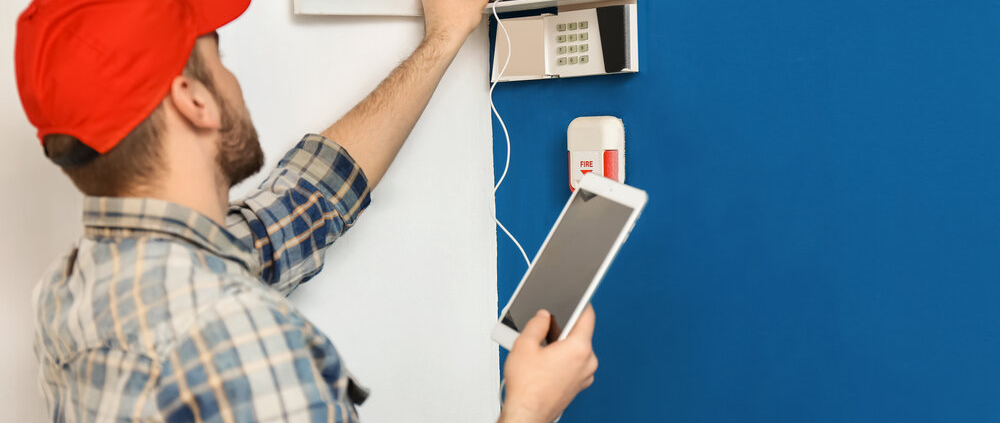Fire Safety: Regular Inspections of Fire Alarms & Sprinklers
For fire safety, few systems are as essential as fire alarms and sprinklers. These two components often act as the first line of defense against the devastating effects of fire, but their reliability depends on one crucial factor: maintenance.
Regular inspections ensure that these systems function as intended in the event of an emergency, saving lives, reducing property damage, and maintaining compliance with safety regulations. Let’s explore why regular inspections are so vital and what you should know to keep your fire safety systems in top condition.
1. Prevent System Failures
Fire alarms and sprinklers are respond instantly in the event of a fire, but without regular inspections, these systems can become faulty. Dust, dirt, electrical issues, corrosion, or even accidental damage can impair their functionality over time. Routine inspections help identify these problems early, so they can be fixed before they compromise safety.
Key Tip: Schedule annual inspections by a certified professional, and conduct monthly visual checks on your fire alarms and sprinklers to spot any obvious signs of damage or malfunction.
2. Ensure Compliance with Regulations
Building codes and fire safety regulations, such as those outlined by the NFPA, mandate regular inspections of fire safety equipment. Non-compliance can result in hefty fines, penalties, or even legal action if a fire occurs and your systems were found to be inadequately maintained.
Key Tip: Make sure to keep records of all inspections, repairs, and maintenance to prove compliance during audits or inspections from local authorities.
3. Reduce False Alarms
A fire alarm system that is not properly maintained may start to issue false alarms, causing unnecessary panic or complacency among building occupants. Likewise, sprinkler systems can accidentally activate, resulting in water damage and costly repairs. Regular inspections help prevent these disruptive false alarms by ensuring the system is calibrated correctly.
Key Tip: Test your fire alarm and sprinkler system during inspections to confirm they’re functioning properly without triggering false alarms.
4. Increase Lifespan of Equipment
Just like any mechanical or electrical system, fire alarms and sprinklers have a finite lifespan. However, with regular inspections and timely maintenance, you can extend the life of this equipment. Addressing minor issues before they become major problems will reduce the likelihood of expensive replacements and prolong the effectiveness of your fire protection system.
Key Tip: Replace outdated parts or components promptly to avoid a system-wide failure. Older systems may require upgrades to comply with modern safety standards.
5. Protect Lives and Property
The most important reason to inspect fire alarms and sprinklers regularly is to protect lives and property. A properly functioning fire safety system can mean the difference between a minor fire event and a catastrophic disaster. Regular inspections ensure that your alarms will sound in time to alert occupants, and your sprinklers will activate to control the spread of fire.
Key Tip: Engage all building occupants in regular fire drills to ensure they know how to respond when fire alarms sound.
Final Thoughts
Fire alarm and sprinkler systems are essential to keeping your property and its occupants safe, but they are only as reliable as their maintenance schedule. By investing in regular inspections and adhering to safety regulations, you not only avoid potential legal issues but, more importantly, you help protect lives and property.
Don’t wait until it’s too late. Schedule your next fire safety inspection today and make sure your system is always ready to respond.





